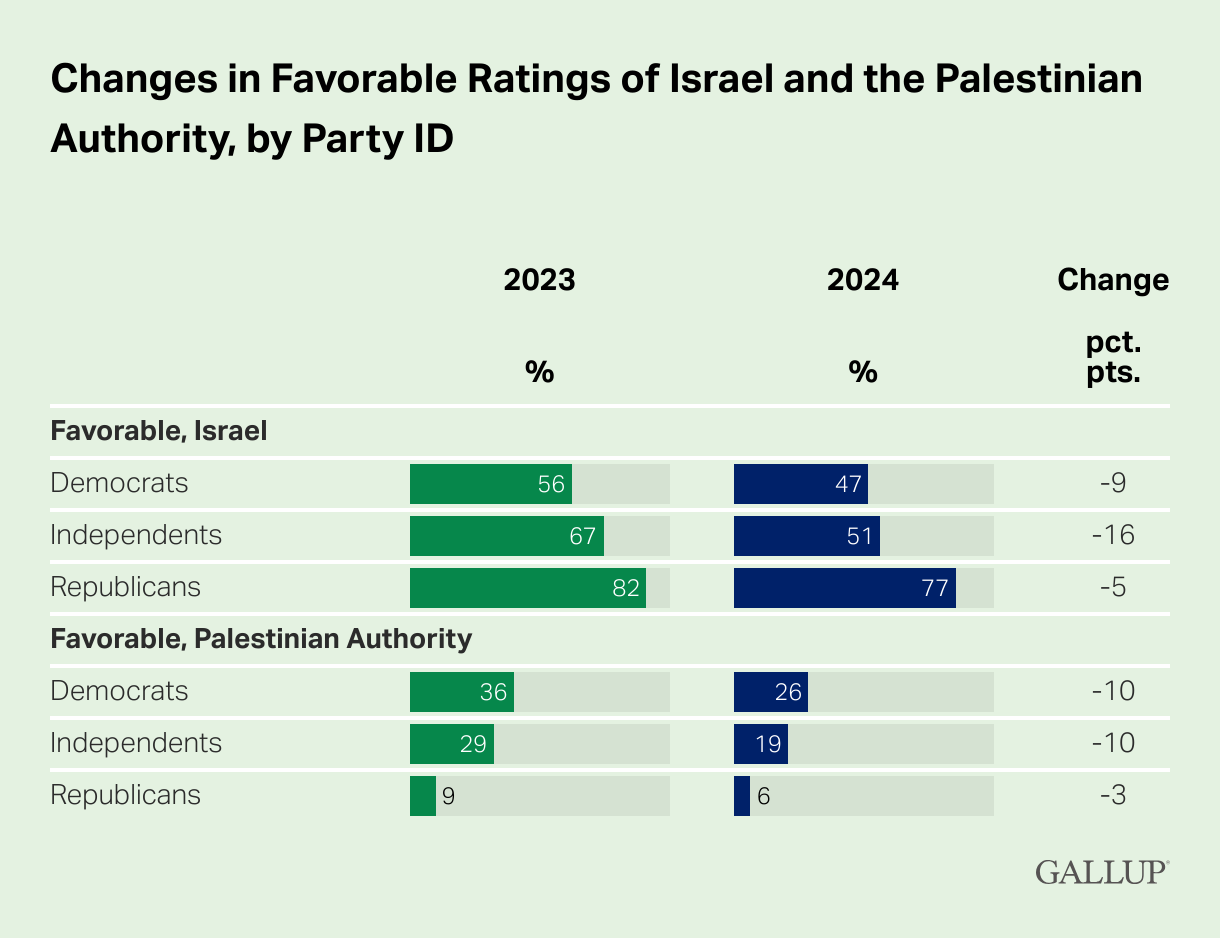The tone towards the US is marked by the fact that both heads of government are cur- rently happy not to have to deal with their respective predecessor. In the first joint meeting of Biden and Bennett, both em- phasised the spirit of cooperation. On the Israeli side, there is an effort to improve relations with the Democratic Party instead of focussing exclusively on the Republicans, as was the case under Netanyahu. Never- theless, dealing with the Democrats remains difficult. Within the Democratic Party, demands are growing louder to attach conditions to military aid for Israel. For example, in September 2021, members of Congress critical of Israel ensured that a separate debate and vote was necessary for financial support for the Iron Dome missile defence system.
https://www.swp-berlin.org/publications/products/comments/2022C04_Bennett_Government.pdf
Is there a reason why demands for conditions to be attached to military aid for Israel mostly come from the Democrat side? The article mentions that Netanyahu focused on having a good relation with the Republicans, but that they more recently tried to work on having a good relation with the Democrats too, but that demands are growing louder on the Democrat side to attach conditions to military aid. Why is it coming mostly form the Democratic side?
